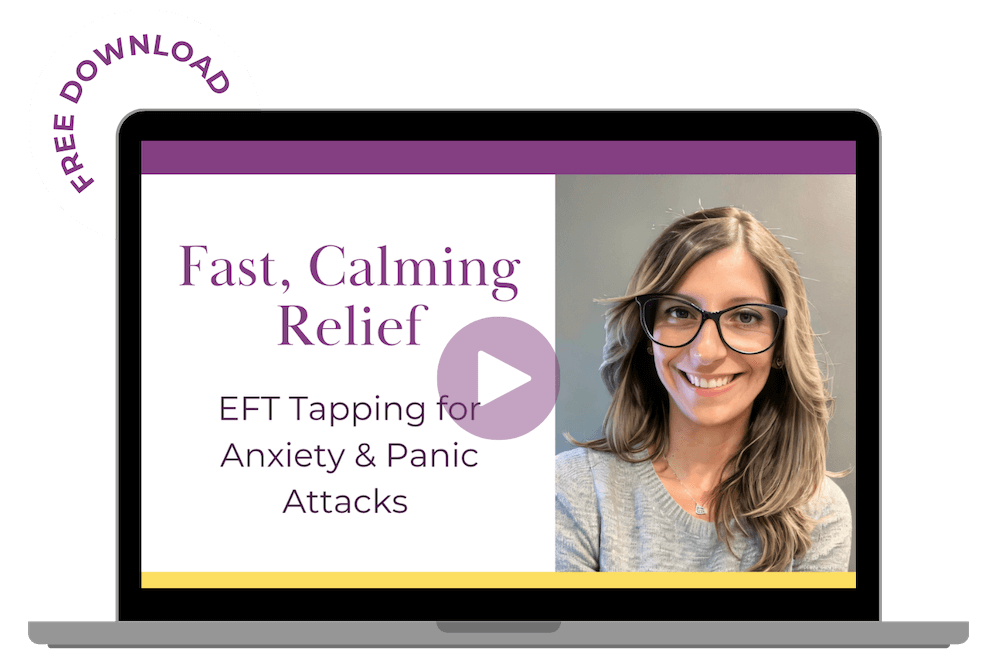Introduction: Anxiety is a universal human experience that can manifest in various ways, affecting individuals both mentally and physically. From racing thoughts to pounding hearts, understanding the symptoms of anxiety is crucial for recognizing and managing this common mental health condition. In this blog, we’ll explore the diverse symptoms of anxiety, shedding light on the signs that may indicate the presence of this often misunderstood condition.
- Psychological Symptoms:
- Excessive Worry: Persistent and uncontrollable worry about various aspects of life, including work, relationships, health, or finances.
- Racing Thoughts: Rapid and repetitive thoughts that feel overwhelming and difficult to control, leading to feelings of restlessness and agitation.
- Irrational Fears: Intense fear or dread of specific situations, objects, or activities, even when there is no immediate threat present.
- Difficulty Concentrating: Trouble focusing or concentrating on tasks due to intrusive thoughts or feelings of anxiety.
- Catastrophic Thinking: Expecting the worst-case scenario to happen in any given situation, leading to heightened anxiety and anticipation of danger.
- Physical Symptoms:
- Rapid Heartbeat: Heart palpitations or a pounding heart, often accompanied by feelings of chest tightness or discomfort.
- Shortness of Breath: Difficulty breathing or feeling like you can’t get enough air, leading to shallow breathing or hyperventilation.
- Muscle Tension: Tightness or tension in the muscles, particularly in the neck, shoulders, and jaw, leading to headaches or body aches.
- Upset Stomach: Gastrointestinal symptoms such as nausea, diarrhea, or stomach pain, often related to the body’s fight-or-flight response to stress.
- Fatigue: Feeling tired or exhausted, even after adequate rest, due to the physical and emotional toll of chronic anxiety.
- Behavioral Symptoms:
- Avoidance Behaviors: Avoiding certain situations, places, or activities that trigger anxiety, leading to social isolation or impairment in daily functioning.
- Procrastination: Putting off tasks or responsibilities due to fear of failure or perfectionism, leading to increased stress and anxiety over time.
- Impaired Sleep: Difficulty falling asleep, staying asleep, or experiencing restful sleep due to racing thoughts or physical discomfort related to anxiety.
- Irritability: Feeling easily agitated or on edge, leading to irritability, frustration, or anger in response to minor stressors or inconveniences.
- Emotional Symptoms:
- Feelings of Dread: Intense feelings of impending doom or dread, often accompanied by a sense of impending danger or doom.
- Excessive Sensitivity: Heightened sensitivity to stimuli, leading to exaggerated emotional responses or difficulty regulating emotions.
- Feelings of Detachment: Feeling disconnected from oneself or reality, as if observing life from a distance or through a fog.
- Panic Attacks: Sudden and intense episodes of overwhelming fear or distress, accompanied by physical symptoms such as chest pain, dizziness, or trembling.
Conclusion: Anxiety is a complex and multifaceted condition that can manifest in various ways, affecting individuals both mentally and physically. By recognizing the diverse symptoms of anxiety, individuals can seek help and support to manage their symptoms and improve their overall well-being. Remember, you’re not alone in your struggles, and help is available for those navigating the challenges of anxiety.







